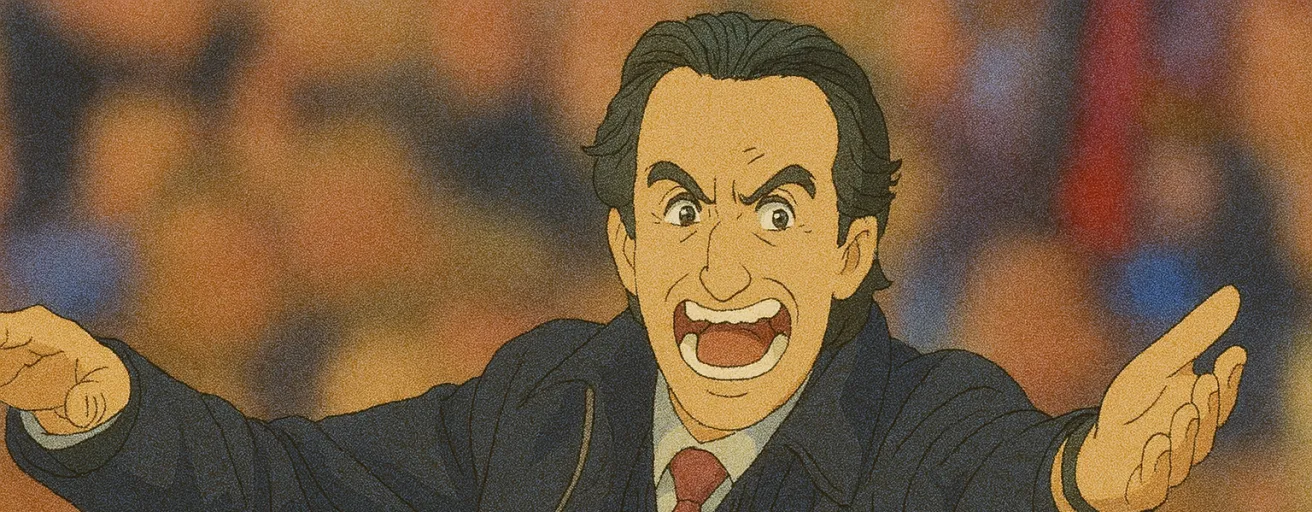
Unai Emery
The serial Europa League maestro with his adaptable 4-2-3-1 presses, warrants grudging respect from OM fans who recall his PSG days—yet Marseille's flair can dismantle his setups in this pre-season showdown.
Unai Emery Etxegoien, born on November 3, 1971, in Hondarribia, Spain, has established himself as one of Europe's elite managers through a career blending tactical precision with trophy accumulation, often in high-pressure environments. Emerging from a modest playing career as a midfielder in Spain's lower divisions—featuring stints at Real Sociedad, Toledo, and Lorca Deportiva, where he retired in 2004 due to injury—Emery transitioned seamlessly into coaching. His managerial ascent began at Lorca Deportiva in 2004, achieving promotion to the Segunda División in his first season, followed by a breakthrough at Almería (2006-2008), where he secured their inaugural La Liga promotion. Subsequent roles at Valencia (2008-2012) yielded consistent top-three finishes and Champions League qualifications despite financial hurdles. A brief, turbulent spell at Spartak Moscow in 2012 preceded his transformative tenure at Sevilla (2013-2016), where he clinched three consecutive Europa League titles. This success propelled him to Paris Saint-Germain (PSG) from 2016-2018, a period etched in Olympique de Marseille (OM) fans' memories due to the fierce Ligue 1 rivalry; there, he amassed a domestic quadruple in 2017/18, including Ligue 1, two Coupe de France titles, two Coupe de la Ligue, and two Trophée des Champions, though European shortcomings led to his exit. Brief Arsenal (2018-2019) and Villarreal (2020-2022) stints added another Europa League win and a Champions League semi-final, before his 2022 appointment at Aston Villa, where he transformed a relegation-threatened side into European contenders. As of July 2025, Emery remains at Villa, having secured Champions League qualification in 2024 and guiding them to the 2024/25 Champions League quarter-finals and FA Cup semi-finals, amid preparations for the upcoming Europa League campaign following a near-miss on top-four Premier League status. For OM, Emery's PSG legacy looms large—his time dominating Ligue 1 evokes a competitive familiarity, positioning this pre-season friendly as a tactical referendum; his career trajectory, marked by resource-efficient revivals, stirs a professional jealousy, suggesting OM could aspire to similar European consistency under Roberto De Zerbi, though Marseille's historical edge in French football affords a measured superiority in direct confrontations.
Emery's tactical philosophy is rooted in a flexible 4-2-3-1 or 4-4-2 formation, emphasizing high pressing, quick transitions, and meticulous set-piece execution, often adapted to squad strengths with influences from his Basque roots and mentors like Arsène Wenger. Innovations include his use of double pivots for midfield control, inverted wingers to create overloads, and progressive build-up from deep, as demonstrated at Villarreal where he outmaneuvered giants like Manchester United in the 2021 Europa League final. Successes—such as four Europa League triumphs (three with Sevilla, one with Villarreal) and PSG's domestic haul—are recognized here as products of strategic acumen in knockout formats, without excessive acclaim; they often arise in underdog contexts, masking occasional domestic inconsistencies, like Arsenal's mid-table struggles or Villa's 2024/25 near-miss on Champions League spots despite a 6th-place finish. For OM, this philosophy implies strategic challenges in the August 9, 2025, friendly: Emery's pressing could disrupt Marseille's possession game, demanding precise short passing and exploitation of transitional gaps, particularly given Villa's high line. Analytically, it prompts counter-strategies like high-tempo wing attacks to stretch their defense, while OM supporters might harbor a subtle dismissal—recalling how Emery's PSG sides, despite dominance, faltered in Europe, reinforcing Marseille's aspirations to eclipse such figures. There's an undercurrent of envy in his ability to elevate mid-tier clubs; OM could draw from his youth integration and budget optimization, yet Marseille's deeper squad and Ligue 1 pedigree allow for confident navigation of these encounters without glorifying his achievements.
In evaluating Emery's current effectiveness, he maintains an impressive career points-per-match average above 1.7, with 11 major trophies, including ongoing 2024/25 campaigns at Villa where they've navigated financial sanctions (a £9.5m UEFA fine) while pursuing transfers like Ferran Torres and Lucas Chevalier to bolster depth. However, vulnerabilities persist: His PSG tenure ended amid Champions League failures, and Villa's transitional risks (1.34 goals conceded per game in 2024/25) highlight exposure to pacey counters, compounded by potential exits like Ollie Watkins or Emi Martínez. The threat level to OM in this pre-season context is elevated but manageable; as an elite coach, Emery brings tactical sophistication, but Marseille's attacking flair—honed against Ligue 1 rivals—positions them to exploit Villa's inconsistencies, especially in a low-stakes setting. Learning opportunities abound for OM: Incorporating Emery's pressing recovery and set-piece drills could refine De Zerbi's system, offering insights into sustaining European runs that Marseille might emulate for Champions League ambitions. For OM supporters, familiar with Emery from his PSG days that intensified the rivalry, this matchup stirs a competitive edge—asserting dominance serves as cathartic payback, while strategically, it underscores Marseille's potential to aspire to his efficiency without the constraints of mid-table battles. Ultimately, Emery's elite status commands grudging respect, but it bolsters OM's confidence: With superior resources and fan passion, Marseille can focus on counter-strategies, viewing him as a benchmark to surpass rather than an unattainable ideal.